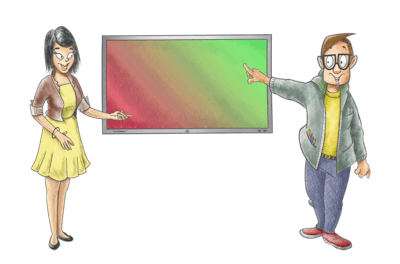Conflict is inevitable, hostile behaviour is not.
Ever since we started Yarno we’ve incorporated an element of mindfulness. We begin each weekly team WIP with two minutes of silence. It’s an opportunity for everyone to “arrive” in the room, and attempt to be fully present (not easy!)
“Stopping” when you’re supposed to be “moving” can feel challenging. And that’s one reason why we’ve stuck with the practice.
Recently we decided to go one step further, embrace our beginners mind and do a guided meditation as a team. So on a Monday morning with no idea of what to expect, we headed over to spend some time with Kevin at Centered Meditation.
We began with a 30 minute guided meditation, which got everyone into an appropriately mindful state. Quite the opposite of our usual Monday morning busyness!
Kevin then facilitated a group discussion about mutual trust. We chose this topic since we believe trust is foundational to strong relationships, both at work and personally.
The conversation came around to the topic of “lenses”, which Kevin illustrated very simply.
Kevin put a white cushion on the floor between himself and Joel. Kevin then proceeded to tell Joel the cushion was beige. Joel replied that he was pretty sure it was white. Back and forth they went, until it was clear that neither was going to change their mind - they were at an impasse.
Kevin made the point that each of us view the world through a particular “lens”. A lens is a collection of experiences, beliefs and stereotypes that we’ve developed over our lifetime. The trick is we aren’t always aware what lens is in play. Either for ourselves or anybody else.
So when Kevin looked at the cushion and saw beige, that was true for him. While for Joel, he definitely saw white, which was true for him. Could they both be right?
This simple illustration got us reflecting on how we could have better awareness of both our own and each other’s lenses. Especially when we disagree or feel like we’re talking past each other.
Rather than going with the urge to further push our point, it could be an opportunity to step back. To acknowledge that we’re coming from a different place, and to seek to understand the other person’s point of view.
I also reflected on the language that is common in this scenario -“right” and “wrong”. Right and wrong feels binary, that there’s no middle ground. One person is right and the other is wrong. And naturally neither want to be wrong.
Ray Dalio, the CEO of Bridgewater, prefers “accurate” and “inaccurate”, since it focuses on truth rather than correctness. Accuracy gives you freedom to change your mind.
For my ego “I had an inaccurate understanding of how that was going to work” feels less daunting than “I was wrong about how that was going to work”. Accuracy is something I can work towards, rather than veer away from.
My big takeaway was to remind myself that we all have unique lenses, and we may not know which lens is in play. If I’m disagreeing or not seeing eye to eye with someone, then it’s probably an opportunity for me to explore their lens and better communicate mine.

